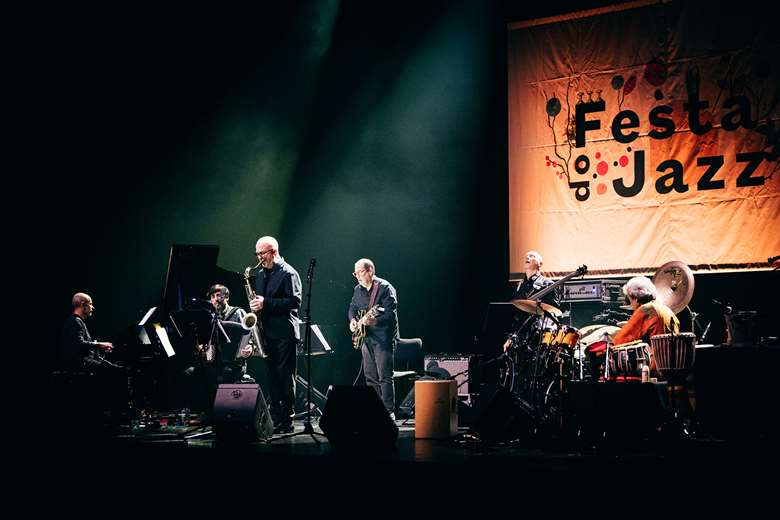Trilok Gurtu among the greats at Festa Do Jazz in Portugal
Kevin Le Gendre
Wednesday, December 21, 2022
Kevin Le Gendre soaks up the sights and sounds at this top winter jazz gathering in Lisbon


Register now to continue reading

Thank you for visiting Jazzwise.co.uk. Sign up for a free account today to enjoy the following benefits:
- Free access to 3 subscriber-only articles per month
- Unlimited access to our news, live reviews and artist pages
- Free email newsletter